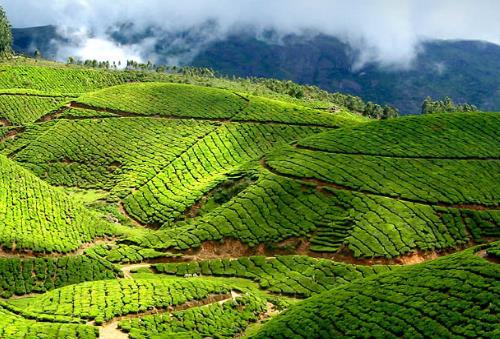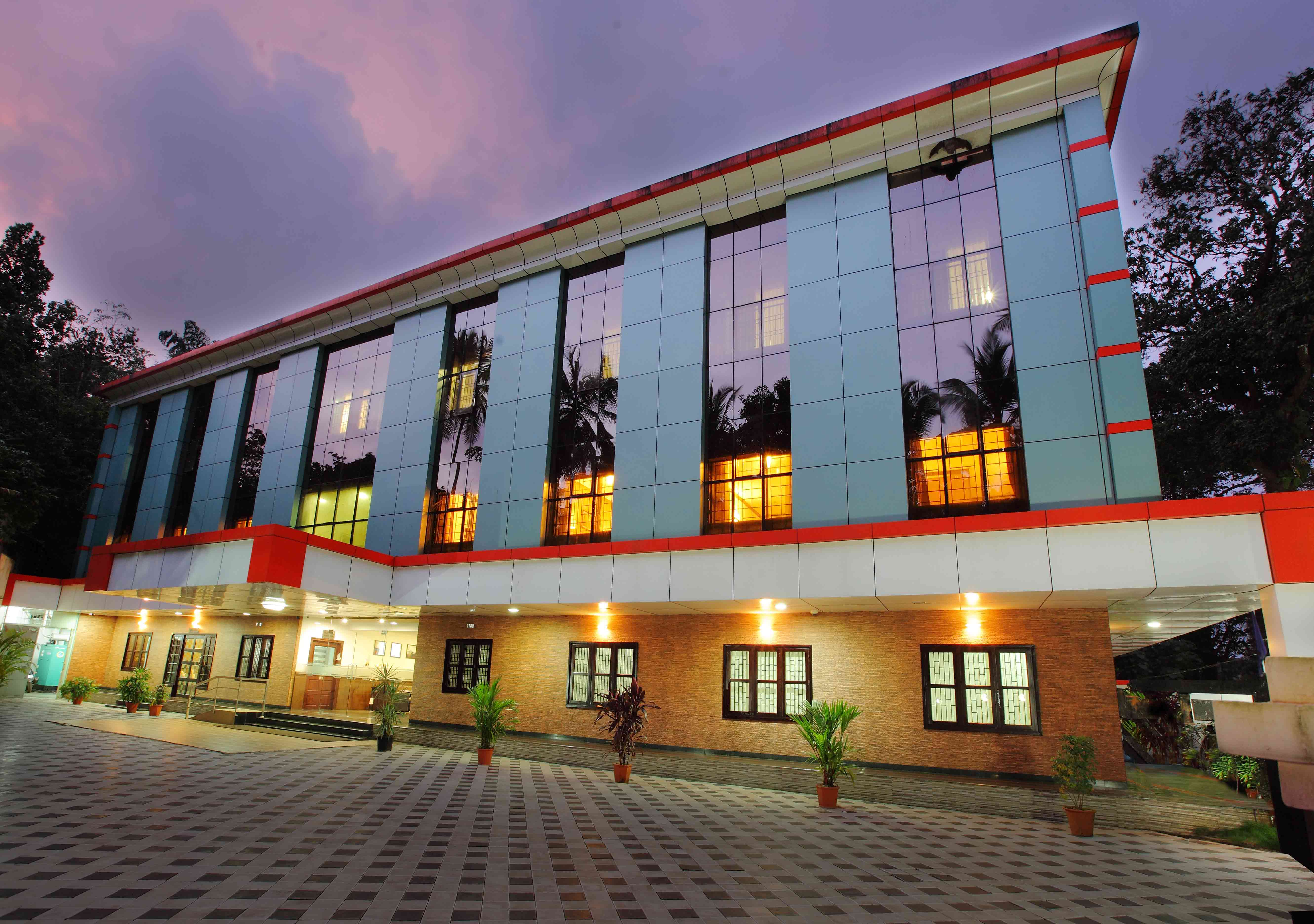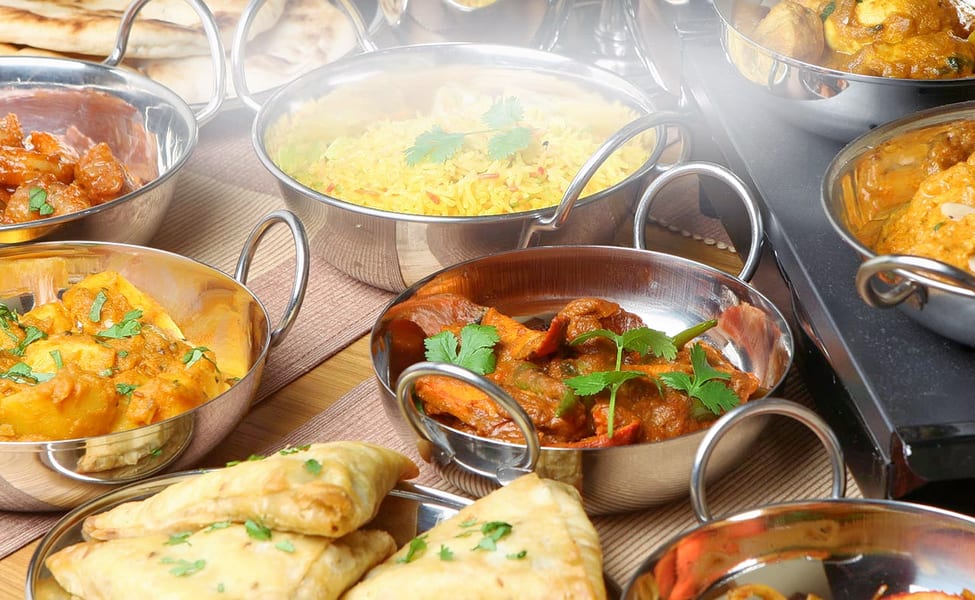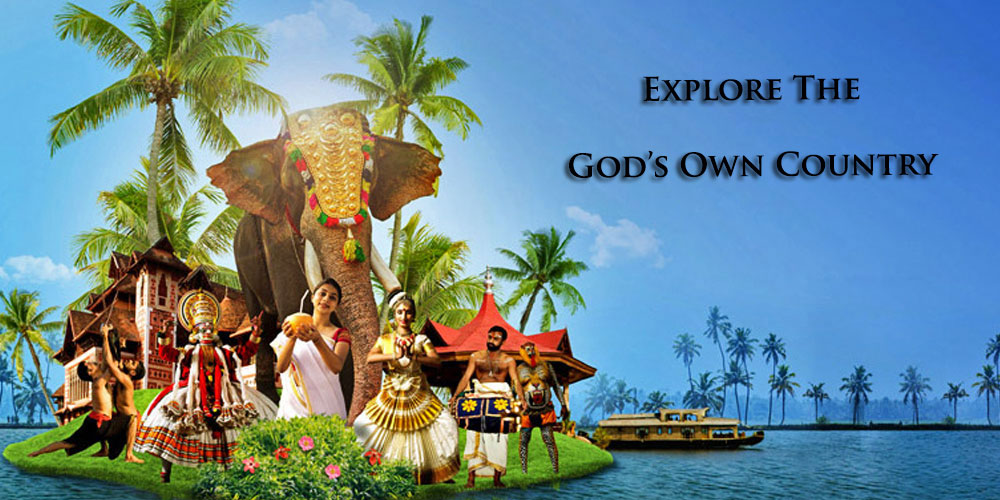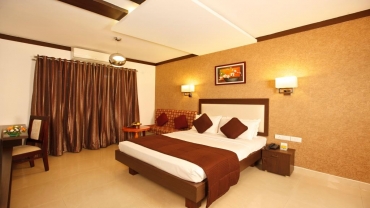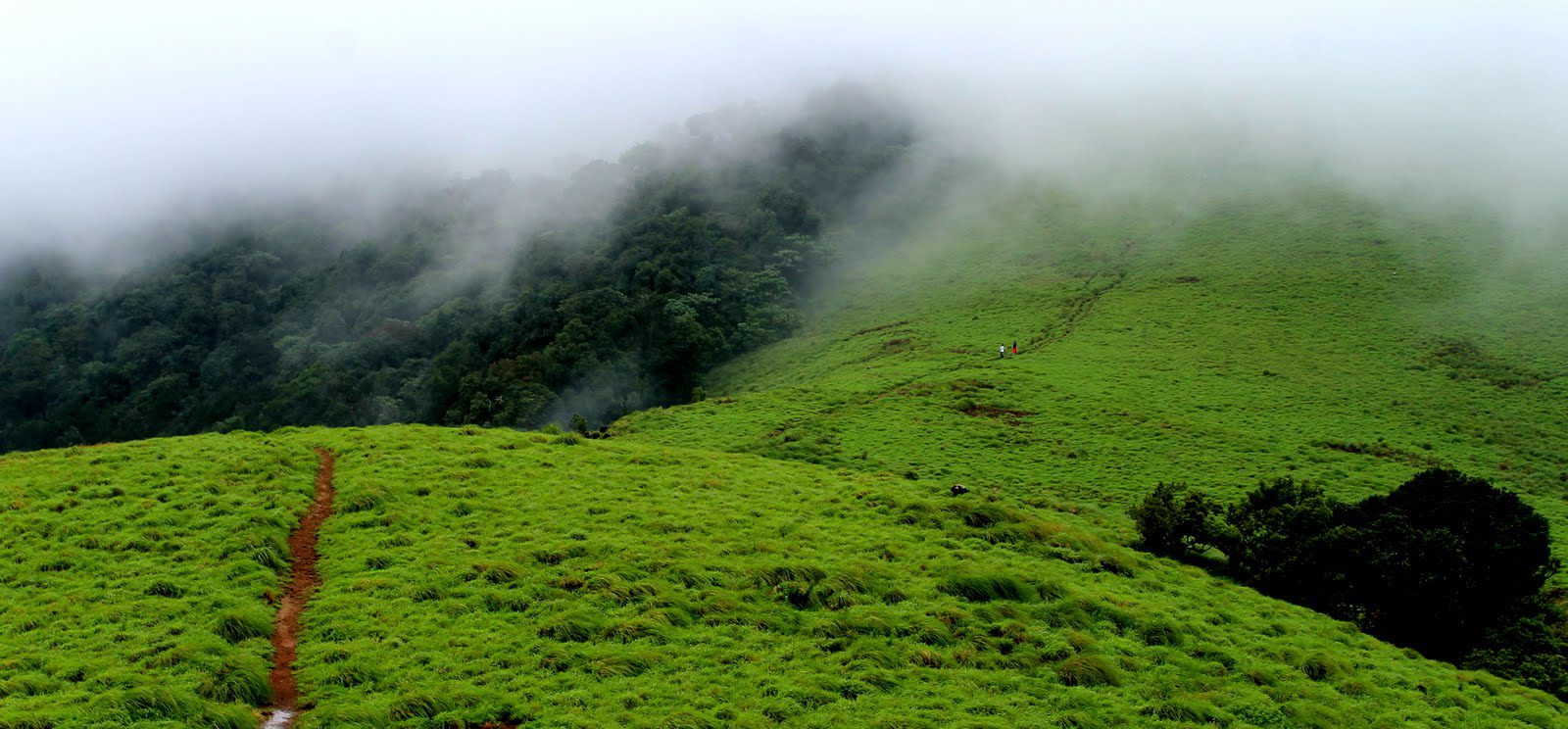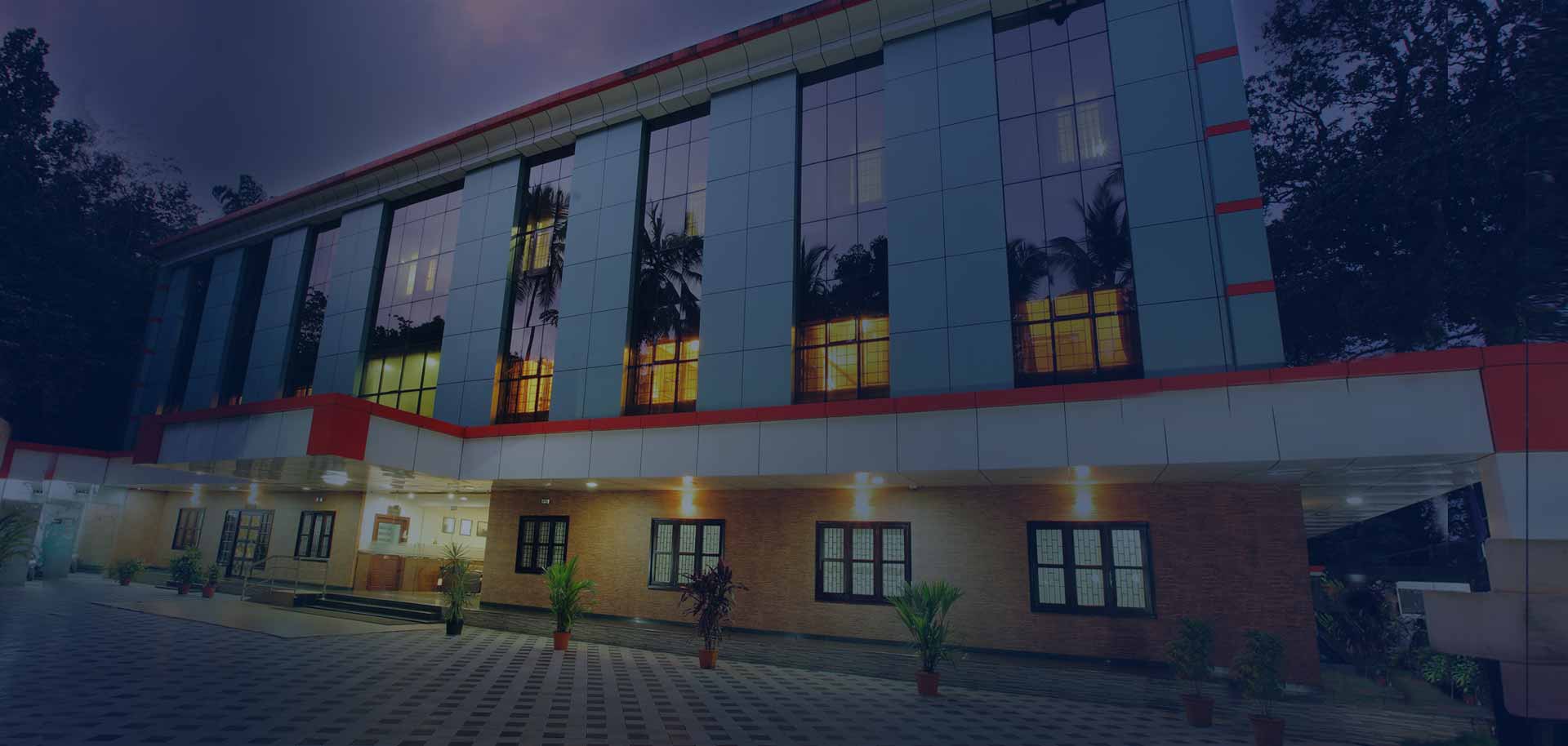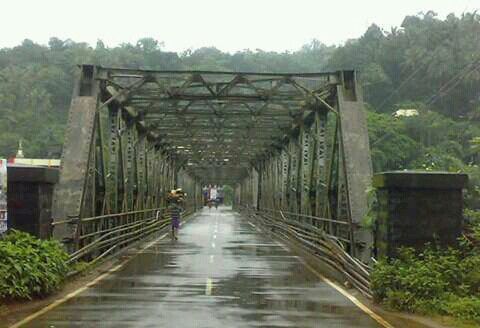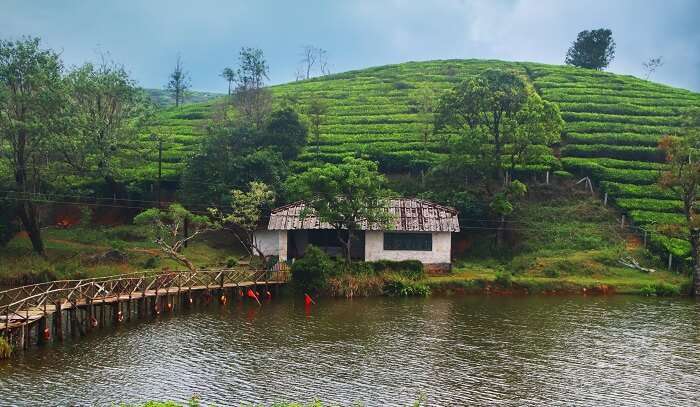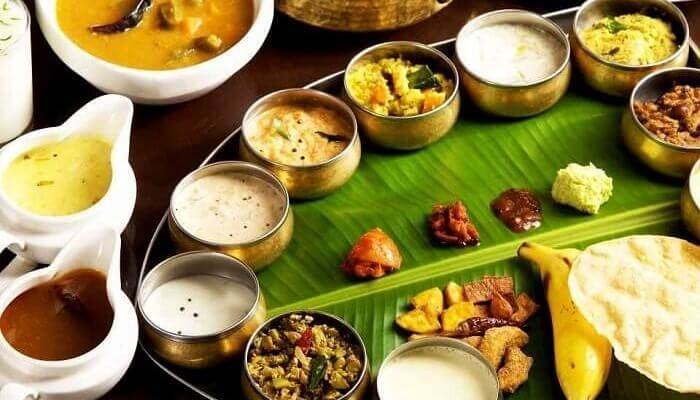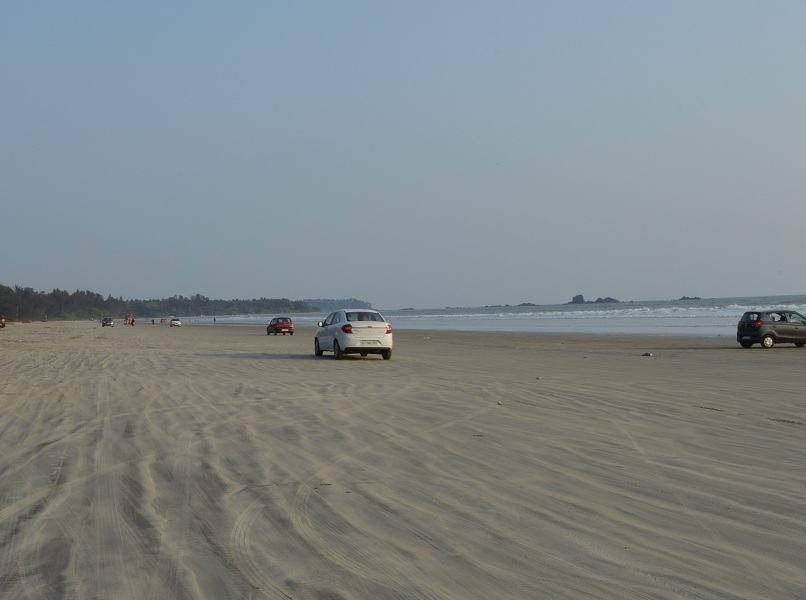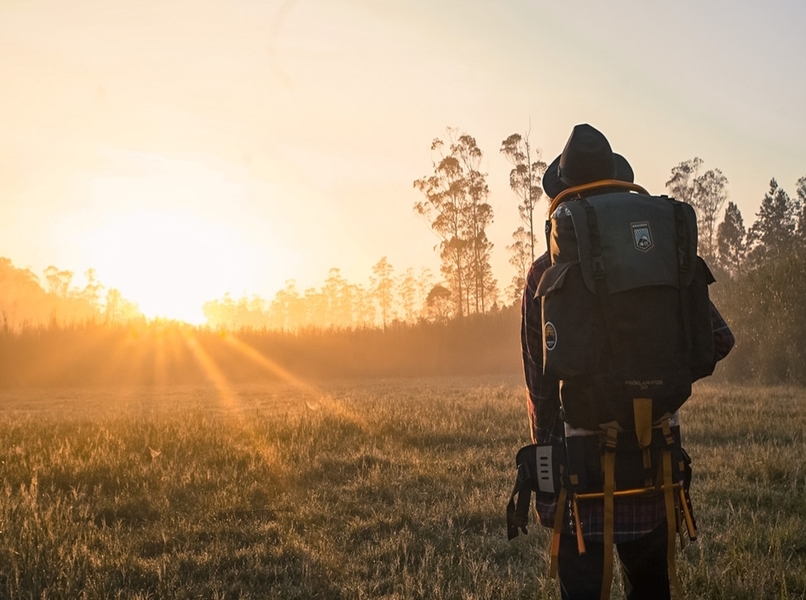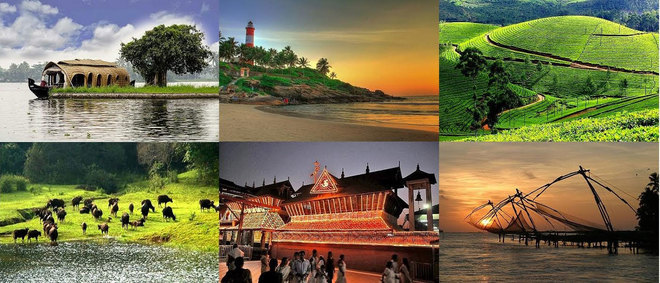
Kerala Travel Guide
- 29 Mar 2022
Imagine swaying palm trees, thundering waves, coffee plantations, hill getaways, tranquil backwaters, rice farms, and stunning national parks teeming with animals, and you've arrived in Kerala. Kerala is one of India's more well-known states, with a lot to see and do. Kerala, also known as God's Own Country, has a lot to offer, from ayurveda retreats and yoga centres to hill stations and tea plantations in the Western Ghats (mountains), to tigers and elephants in national parks, and palm-fringed beaches. Then there are the Kerala Backwaters, which, despite their overcrowding difficulties, nonetheless provide a peaceful backdrop to any Kerala experience if done well.
Ecotourism in Kerala
Kerala's beauty is no longer a mystery, and with it has come a slew of visitors, both domestically and internationally. These crowds have gathered in specific parts of Kerala, causing issues for the state's wildlife, ecology, and residents, including pollution, overdevelopment, lack of local empowerment, and economic advantage from tourism. Resources in the area, particularly water, have been depleted, disrupting the unique flora and animal balance. In Alleppey, where taking a houseboat trip is on many people's bucket lists, sights of congestion, floating plastic islands, and filth atop inky black water are common.
Kannur
Many visitors to Kerala have centred on the central and southern portions of the state, leaving Northern Kerala off the usual path. That, though, could be about to change. Northern Kerala has been selected as one of Asia's attractions this year, and as a sanctuary for visitors wanting a quieter flavour of Kerala by Happy Planet. Modest homestays dot the palm-fringed beaches, offering unobstructed views of the Arabian Sea. Kannur is well accessible by train to Goa and Mumbai in the north, and Kochi and the rest of Kerala in the south. For those travelling from further afield, a new airport is apparently being built. There are additional buses that link to the rest of Kerala and the neighbouring state of Karnataka. The railway is our preferred means of transportation in India.
Kochi / Cochin is one of Kerala's best famous tourist destinations and transportation hubs, and many visitors to Kerala begin their journey here. Many a day can be spent walking the old alleyways of Fort Cochin, which are lined with colonial mansions, organic cafes, art galleries, churches, and boutiques. It's important to note that Cochin is totally different from Ernakulam, the mainland city where all major transportation enters and exits.
Visiting Fort Cochin, including its churches, museums, and synagogues. Kochi has welcomed many immigrants of all faiths and cultures over the last 600 years as an old commerce and naval colony — from Portuguese to Dutch, British to Arabic traders. An Indo-Portuguese museum, a Dutch cemetery, and numerous gorgeous churches, including the Santa-Cruz basilica, are all worth visiting. A growing number of art galleries (sometimes accompanying cafes) are springing up, such as the Kashi Art Gallery.
Kumarakom
Kumarakom, located on the other shore of Lake Vembanad from Alleppey, is the ideal area to slow down and enjoy the backwaters (from the shore). The lake is vast and resembles an inland sea, making it the ideal setting for stunning sunsets over the water. Kumarakom is also one of the places in Kerala where tourism is adopting more sustainable practises: many hotels and tour companies are participating in an initiative to reduce their environmental impact and ensure that goods are obtained locally whenever possible, helping to maximise the economic benefit to locals.
Varkala
Varkala, in Kerala's south, along the Arabian Sea, is quickly becoming the new hippy destination of south India — some say the next Goa. Varkala, perched on cliffs, is known for its sunsets, yoga, ayurveda, and excellent turmeric lattes. We didn't make it to Varkala, but we thought we'd include it in this guide because so many people recommended it! Although alcohol is not officially permitted in Varkala, several establishments may provide it. Varkala's tourism industry is flourishing, which means there's an issue with plastic garbage and (over)development. Please help by avoiding the use of plastic bottles whenever feasible.
